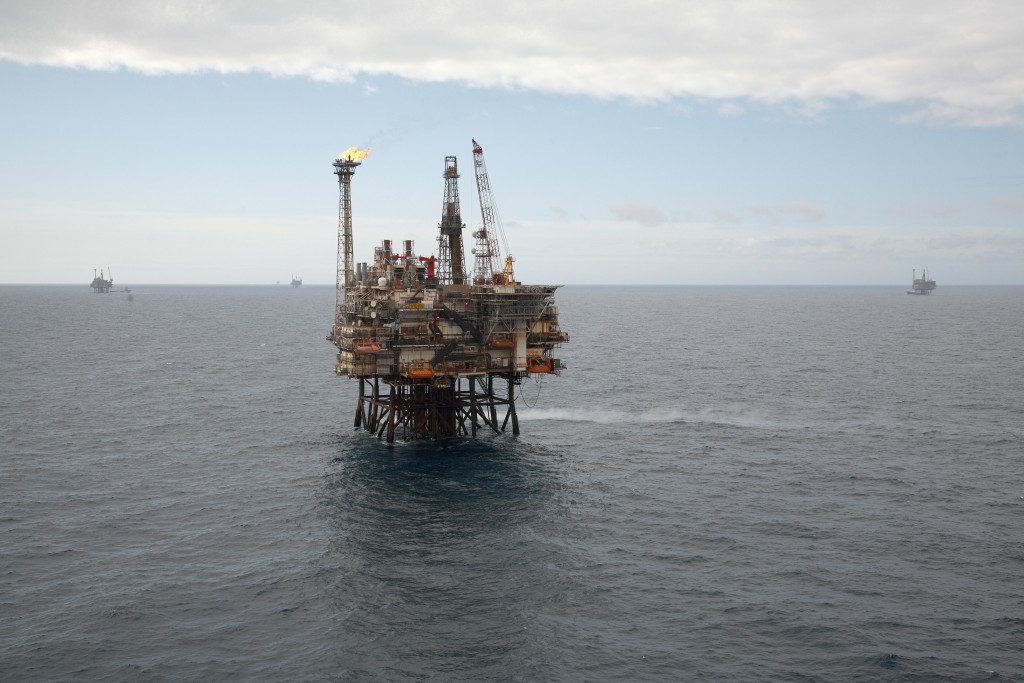
Apache Corporation said yesterday it was switching its focus from cost-cutting to growth after a “very successful” 2016.
In delivering its full-year results, Apache said it would have a capital budget of £2.5billion for 2017, up more than 60% compared to 2016.
It will invest £720million in its operations in Egypt and the North Sea, with a primary focus on “low-risk development” and “step-out exploration opportunities”.
The Houston-headquartered firm said progress had been made on the construction of a tie-back at the North Sea Callater well in the fourth quarter of 2016.
Callater, which used to be known as the “K discovery”, is expected to start producing in the third quarter of 2017. The field lies about 210 miles north-east of Aberdeen – within the Beryl area – and is thought to have net reserves of between 25million and 50million barrels of oil equivalent.
Apache entered the North Sea after acquiring the Forties field from BP in 2003. It bought the Beryl, Ness, Nevis, Nevis South, Skene and Buckland fields from ExxonMobil in early 2012.
Apache said in November it was offloading both its 30.28% share in the Scottish Area Gas Evacuation (Sage) system and a 60.56% interest in the Beryl pipeline.
Last month, it awarded a contract to Aberdeen energy engineering consultancy Xodus Group to drill two new wells on the Nevis and Skene fields.
The group recorded pre-tax losses of £1.3billion in 2016, an improvement on a deficit of £9.7billion in 2015.
It notched up revenues of £4.3billion in 2016.
Production for 2016 went down 4% to 522,000 barrels of oil equivalent per day, while North Sea output dipped slightly to 68,292 per day.
Apache chief executive John Christmann said: “2016 was a very successful year and an important step in Apache’s transformation.
“We protected our balance sheet in a volatile price environment, remained focused on costs, and allocated our capital to high-return projects and strategic testing opportunities.
“After two years of dramatic reductions to our capital program, our strategic objective has shifted in 2017 to delivering returns-focused growth.”
Recommended for you

